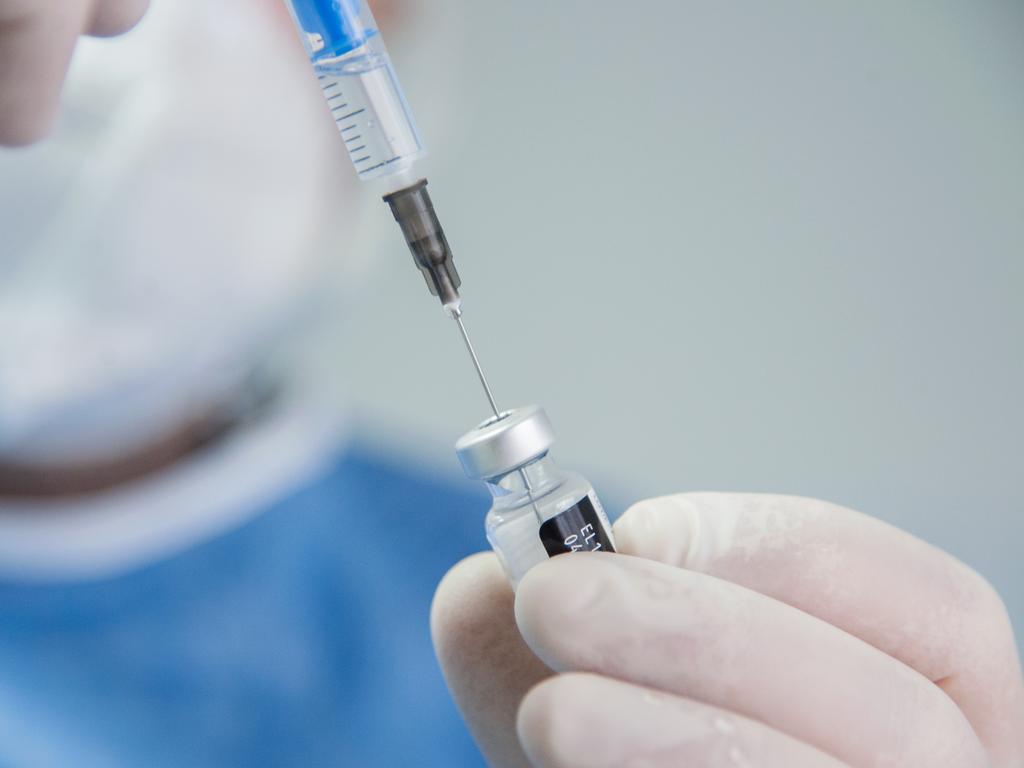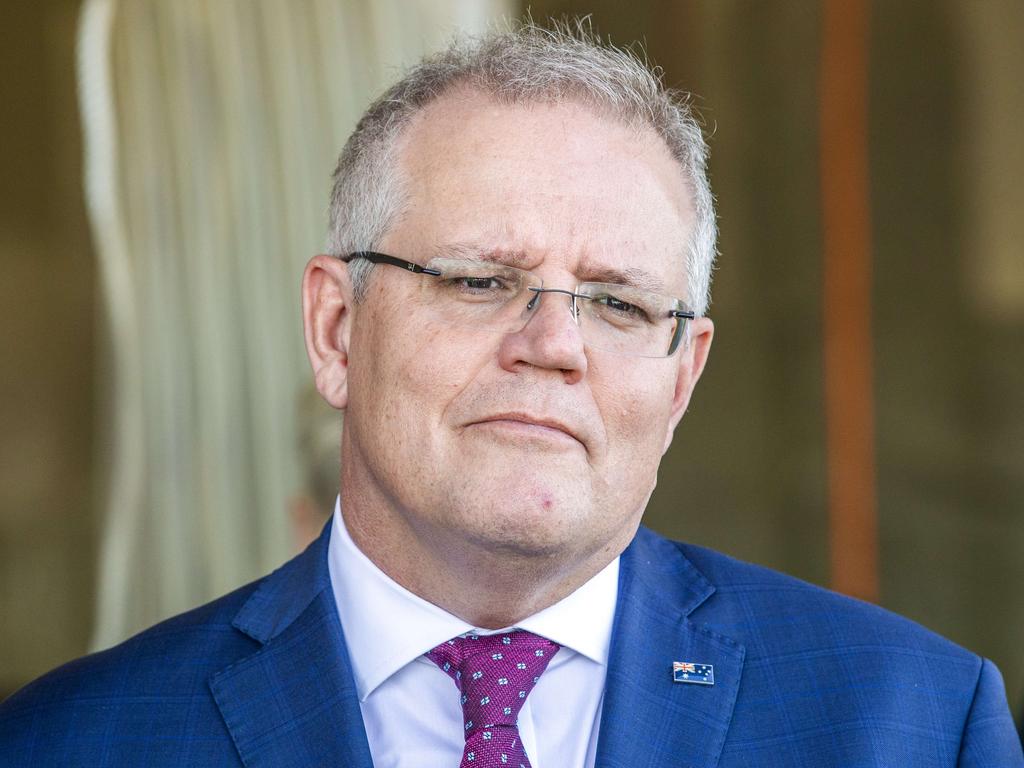The top COVID-19 vaccine question Australians want answers to
With just weeks before the COVID-19 vaccine rollout begins, officials have answered the burning question many Aussies have been asking.

There are still many questions Aussies want answers to ahead of the COVID-19 vaccine rollout, but there is one question in particular that has been repeatedly asked – and its finally been answered.
News.com.au asked its readers to send through the burning questions they had about the COVID-19 vaccines and the imminent rollout as part of the Our Best Shot campaign.
We’ll debunk myths about vaccines, answer your concerns about the jab and tell you when you can get the COVID-19 vaccine.
Though the hundreds of responses there has been one main question people are desperate to know the answer to: “Will I be able to choose which vaccine I receive?”
The Therapeutic Goods Administration (TGA) approved the Pfizer vaccine for use on January 25, with the first doses expected to be rolled out by the end of February.
The organisation is now working through the approval process for the Oxford-AstraZeneca vaccine.
RELATED: Follow all our live coronavirus Australia updates here

RELATED: Vaccine side effects you could have
The short answer to the question of if Australians will have a choice in which vaccine they receive is no.
The government has already established its COVID-19 vaccine rollout strategy and outlined which groups will receive which jab.
The vaccines will be rolled out in five different phases, with the first step, Phase 1a covering frontline healthcare workers, quarantine and border workers, aged care and disability care staff and aged care and disability care residents.
This group will likely receive the Pfizer vaccine, as it has already been approved by the TGA, with the majority of the population then receiving the AstraZeneca vaccine.
Australia has signed an agreement to be able to produce the AstraZeneca vaccine here, meaning there will be more doses readily available.
Prime Minister Scott Morrison and Secretary of the Department of Health Professor Brendan Murphy addressed concerns around the efficacy of the vaccines during a live interview on news.com.au’s Facebook page on Wednesday night.
For some Australians, the reason they want to know if they can choose which vaccine they received is linked to the different efficacy rates between the two candidates.
Clinical trials have found two doses of the Pfizer vaccine is about 95 per cent effective in preventing coronavirus infection, compared to the AstraZeneca vaccine which has proven to be about 70 per cent effective.
However, Prof Murphy assured Australians that both vaccine candidates are effective enough in preventing disease.
“My strong view is that both vaccines are very good at preventing disease and both vaccines are probably close to equally good. We will get more data on these vaccines over time,” he said.
“The AstraZeneca vaccine still has, perhaps, less data than the Pfizer vaccine, particularly for some age groups, and we are getting more and more data as more and more trials comes.”
Professor Murphy said he and the majority of the population would be received the AstraZeneca vaccine, adding he would be “lining up for it with great enthusiasm”.
Mr Morrison also pointed out that many other common vaccines have similar or lower efficacy rates than these two candidates, yet they still help in preventing illness.
RELATED: PM’s warning before vaccine rollout

“Across many different vaccines that are done in many areas, the sorts of effectiveness figures that we are seeing on this one are quite common for vaccines on a whole range of different conditions,” he said, pointing out that people still “readily go and get these vaccines”.
Prof Murphy also pointed out that it is not yet know how effective either of the vaccine are in preventing transmission.
“It could be that AstraZeneca is more effective, we just don’t know. The data on AstraZeneca is still evolving and there is still only early data on both vaccines,” he said.
Phase 1a of the COVID-19 vaccine rollout is set to begin by the end of February, and will cover frontline healthcare workers, quarantine and border workers, aged care and disability care staff and aged care and disability care residents.
The next step, Phase 1b, will include people aged 70 and over, other healthcare workers, Aboriginal and Torres Strait Islander people aged 55 and over, people with a disability or underlying medical condition and critical and high-risk workers, such as emergency services, defence personnel and meat processing staff.
Next up in Phase 2a, will be 50-69 year olds, Aboriginal and Torres Strait Islander people aged 18-24 and other critical and high risk workers. About 6.5 million people are expected to be vaccinated in this phase.
It will probably be at least mid-year before the broader population will have access to the vaccine.
Phase 2b will include the rest of the population aged 16 and over, with the vaccine to be offered to 6.6 million Australians.
The final part of the rollout, Phase 3, will include people under the age of 16 who didn’t meet the criteria for the other sections.
This phase will only be commenced if recommended by health authorities.
Do you have any questions about the vaccine you’d like answered? We’ll be getting experts to answer your questions




